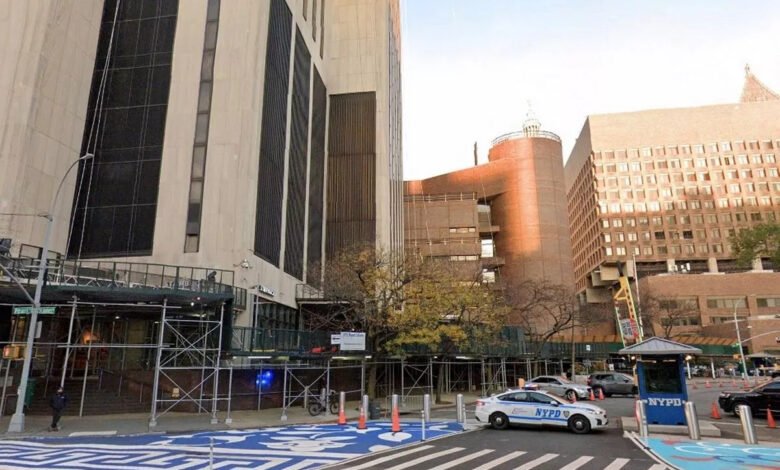Sexual Misconduct Case at NYC High School: A Wake-Up Call for Safeguarding in Education
Child Sexual Abuse

Recently, a shocking revelation surfaced at The Urban Assembly Early College High School of Emergency Medicine in Manhattan. A 22-year-old school aide, Ocean Valentine, was suspended and later dismissed after investigators confirmed she had engaged in sexual activity with a 17-year-old male student.
The Special Commissioner of Investigation (SCI) report revealed that Valentine initiated contact with the student through Instagram, later exchanging explicit messages and calls. The relationship escalated into physical encounters, occurring at least three times. including one instance at a pool hall and another at the student’s home, during regular school hours.
This abuse came to light when a female classmate discovered sexually explicit texts and a hotel receipt on the student’s phone. Courageously, she reported her findings to a school official, triggering the investigation. Valentine’s subsequent late-night calls and repeated attempts to contact the student were confirmed through phone records, further solidifying the case against her.
She was immediately suspended without pay and eventually dismissed by the New York City Department of Education. Records show she had earned $15,250 of her $34,415 salary for the year before termination.
A Second Scandal Emerges
While still reeling from Valentine’s dismissal, the school faced another scandal: a male aide accused of sexual misconduct with a female student, who also alleged he stole $5,000 from her. This second case remains under active investigation, raising further concerns about the school’s culture, supervision, and safeguarding systems.
The Systemic Oversight Problem
While these incidents may seem like isolated misconduct by individual staff members, they highlight structural vulnerabilities in school safeguarding:
- Weak enforcement of digital boundaries: Staff-student communication on social media went unchecked.
- Insufficient supervision during non-class hours: Encounters occurred during lunch and free periods, times when oversight tends to lapse.
- Delayed detection mechanisms: It took peer intervention, not staff or monitoring systems, to uncover the abuse.
- Limited safeguarding training for staff: Background checks alone cannot prevent misconduct without ongoing ethics, boundary, and safeguarding training.
The Human Cost of Sexual Misconduct in Schools
The risks of staff-student sexual misconduct extend far beyond disciplinary or legal consequences for perpetrators. For students, the costs are immense:
- Psychological trauma: Shame, guilt, and long-term trust issues.
- Academic impact: Decline in school performance, absenteeism, or disengagement.
- Social isolation: Victims often withdraw or are stigmatized by peers.
- Institutional mistrust: Families lose confidence in schools meant to protect children.
Safeguarding Lessons for Schools and Families
This case underscores urgent lessons for educational institutions and parents alike:
- Enforce strict digital boundaries: Staff must never use personal social media or messaging apps to communicate with students.
- Close loopholes in supervision: Abuse often occurs during breaks, lunch periods, or off-site activities. Schools must tighten accountability at these times.
- Empower peer reporting: The courage of a student whistle-blower was key. Schools should provide anonymous, safe, and trusted reporting systems.
- Go beyond background checks: Ongoing ethics and safeguarding training is essential to maintain professional boundaries.
- Respond swiftly and transparently: Prompt suspension and dismissal build public trust and show zero tolerance for misconduct.
Conclusion
The misconduct scandals at The Urban Assembly Early College High School of Emergency Medicine expose serious safeguarding gaps in environments meant to nurture and protect children. The dismissal of one aide and the ongoing investigation into another highlight how breaches of trust can devastate students’ lives and erode confidence in schools.
More than disciplinary action is required. Schools must urgently strengthen safeguarding frameworks, enforce digital boundaries, and build cultures of accountability and vigilance. For families, these cases are a sobering reminder of children’s vulnerability — and the collective responsibility of educators, administrators, and parents to ensure that schools are places of safety, dignity, and growth.




